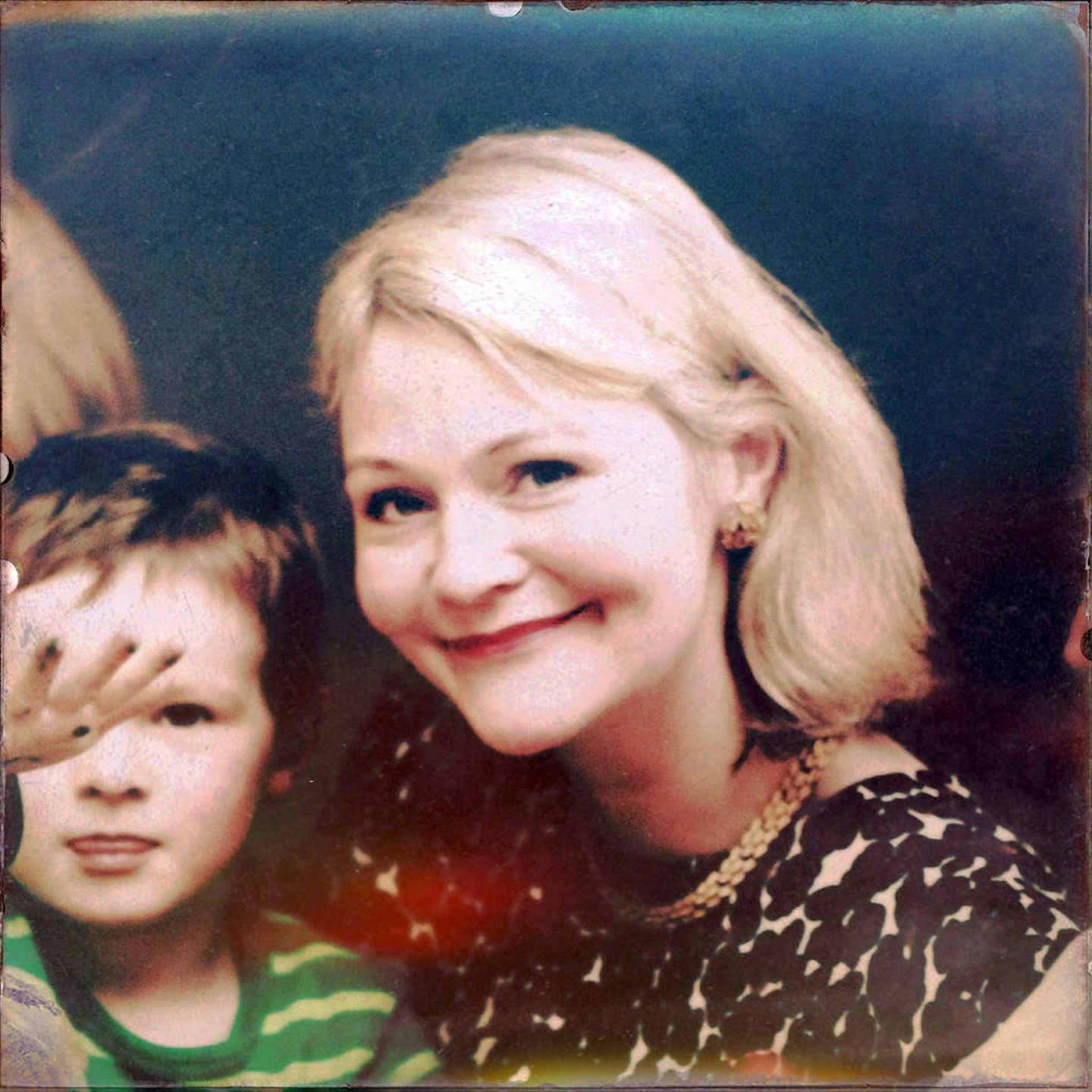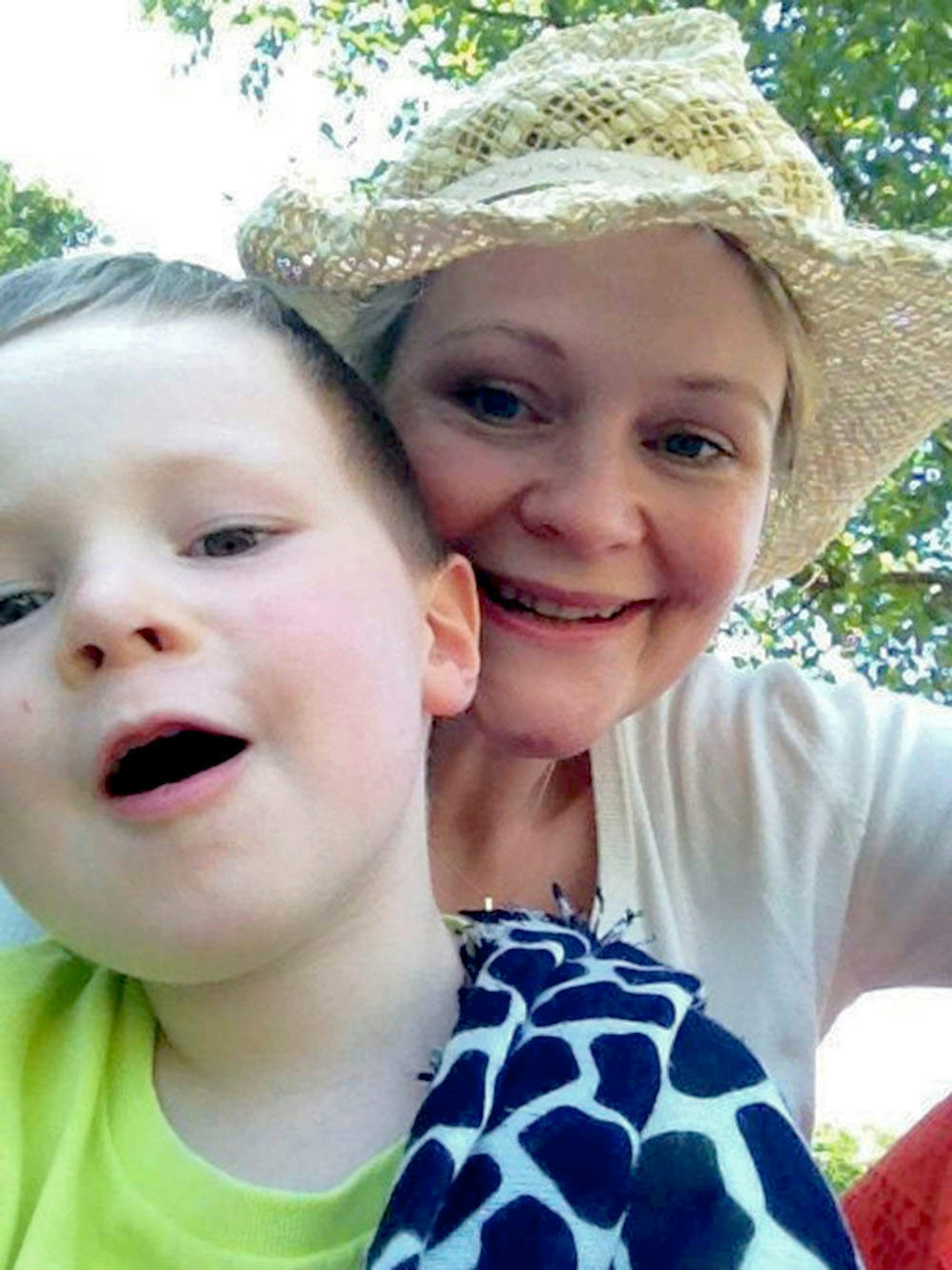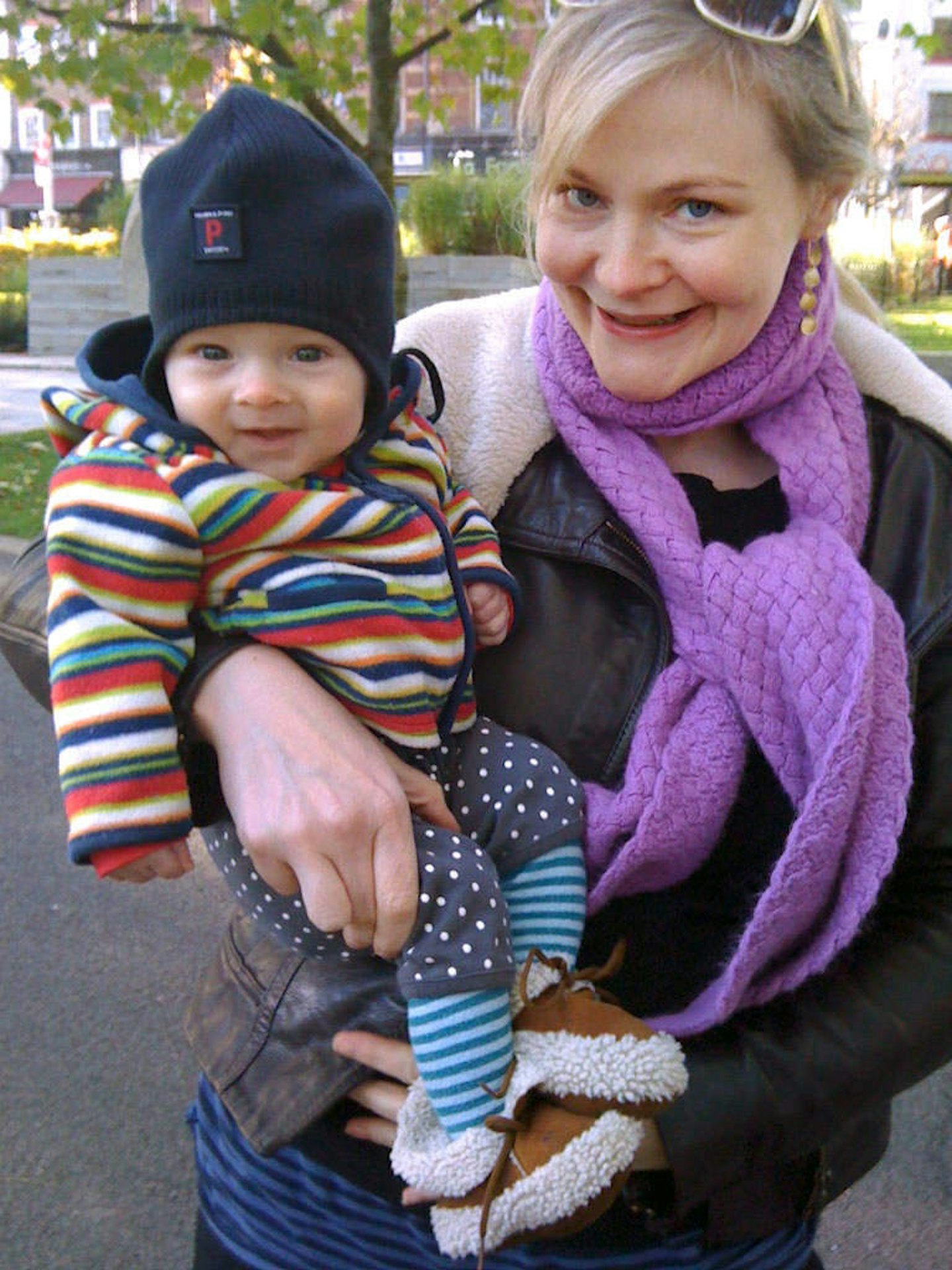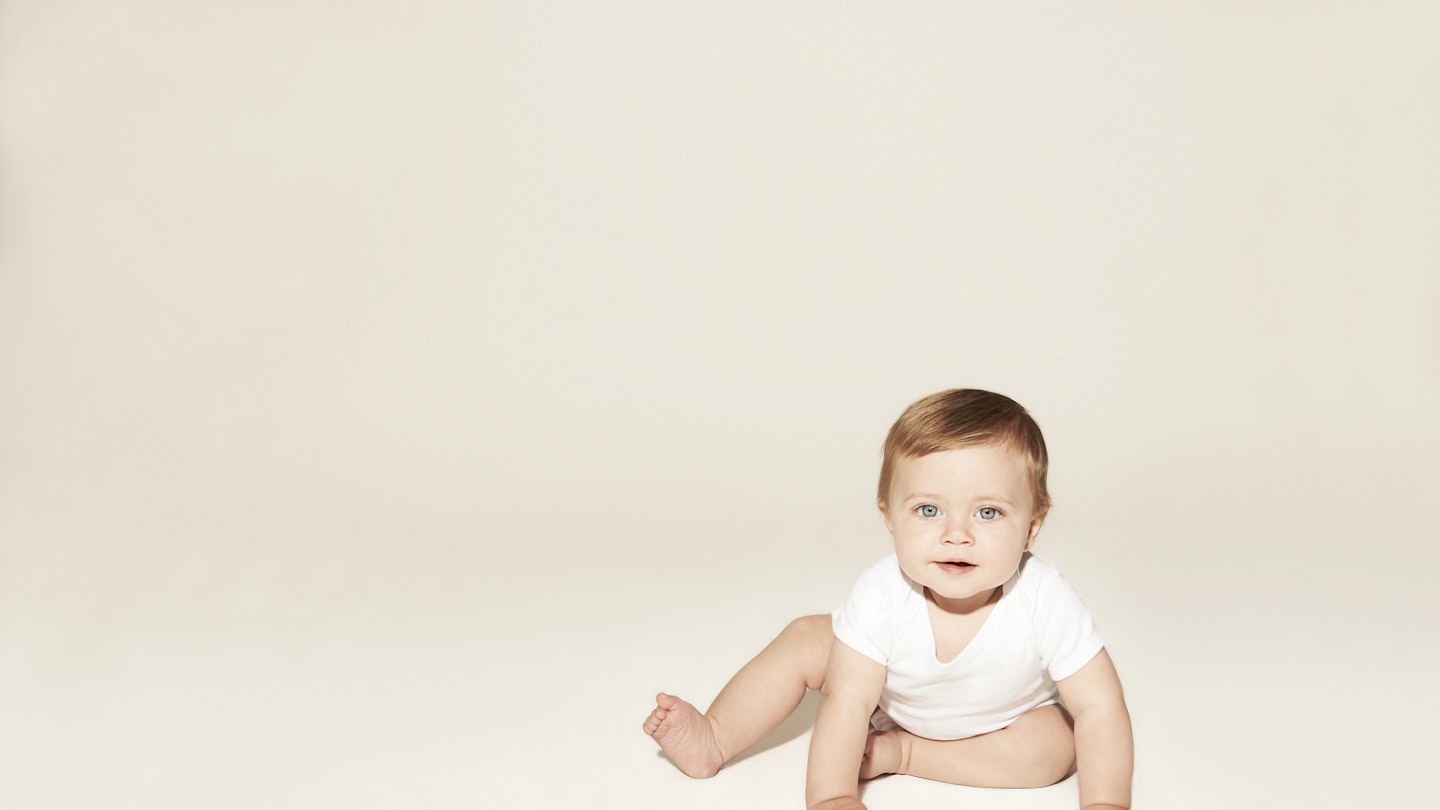During my pregnancy, I remember sitting next to a woman in a café who was bottle-feeding her baby. When she saw me casually glancing over over, she looked panicked and shouted, ‘It’s expressed milk!’ I didn’t really get it until a few months into motherhoodand the penny dropped: when you have a baby your parenting choices are suddenly fair game for judgement by the whole world.
And it’s not only other parents who judge you. In fact, when I think back to my views on parenting before I became a mum, I hang my head in shame. ‘Why would anyone give their child a dummy?’ I’d think, looking at babies on the bus. Cut to six months into motherhood, when I’d tuck my son up in bed with not just one dummy but three or four. (Why? Because if he lost one in the night he’d wake up crying.)
Another pre-baby judgement clanger came when I jeopardised my relationship with one of my oldest friends after I accused her of being ‘rigid’ for requesting that Sunday lunch start at 12 instead of my suggested ‘2-ish’. I was oblivious to the compromise she’d already made by agreeing to bring her two toddlers to a crowded pub to fit in with my child-free existence. A few years later, when my own two-year-old would reliably have a demonic freak-out the moment his blood sugar levels dropped, I actually rang her to apologise for being such a numpty.

I confess, too, that I used to roll my eyes at parents who enquired what I planned to feed their children before they came to my house. ‘How rude!’ I’d think. ‘Can’t they just eat what they’re given?’ I have since learned the hard way that, while you can lead a boy to broccoli, you can’t make him actually eat it.
I cringe to write this but I was also, during our NCT classes, brazenly judgemental about the women in my group who were planning on pain relief. ‘Don’t they realise an epidural raises the risk of other interventions?’ I’d say to my husband. I might even have tried to list the reasons why natural birth was preferable to a C-section to one friend having a planned Caesarean. Somehow, impending parenthood allowed me to forget that a) your body, your choice, but also b) some people have no alternative to a C-section or else they and/or their baby will actually, you know, die.
Part of the judgement problem is that there is so much advice – some of it bordering on doctrine – about the ‘right’ and ‘wrong’ ways to raise children. And it’s so easy to get sucked in. Take breastfeeding. When I was planning my first few months of motherhood (which, I’d reasoned, would be more or less the same as life before, but with an added bundle of joy), I honestly wondered – having consumed a great deal of ‘Breastapo’ propaganda – why on earth any woman wouldn’t agree that ‘breast is best’.

And then the universe taught me the meaning of hubris: after my, ahem, emergency Caesarean, my attempts to breastfeed my son quickly became the most extreme agony I’ve ever experienced. Far worse, a few days later I was admitted to hospital because he wasn’t feeding properly and was seriously dehydrated. He was then tube-fed for three months while doctors investigated his swallow. Luckily, he turned out to be absolutely fine. But I was so fixated on feeding him only breast milk that I expressed milk every three hours – setting an alarm to wake during the night – for six months.
Looking back, I’d say I actually endangered my mental health – and missed out on valuable time with my baby because I was so convinced I needed to do ‘the best’ for him. The truth is we often reserve our harshest judgement for ourselves. A friend who had two children very close together was so determined to be a good mum that she overcompensated and tried to be Mum of the Year when her second was born. She ended up with post-natal depression, partly because she wouldn’t admit that she was struggling. ‘I was so terrified of people turning around and saying, “You shouldn’t have had your children so close together if you can’t cope,”’ she says.

Let’s face it – the last thing any new mum needs is to feel guilty about their parenting choices. We are all just doing our best. Also, it’s easy to forget how much comes down to luck. A friend recently confessed she spent three years congratulating herself on what a ‘natural mother’ she was after her first daughter quickly slept through the night, ate what she was given and played beautifully with other children.
Then her second daughter slept in hour-long bursts, refused any food that wasn’t beige and went around walloping all her little friends At which point my friend realised that ‘parenting’ has very little to do with the human beings that emerge.
And yet we all still feel free to judge. I get it. I really do. Apart from anything else, judging others makes you feel better about your own choices. It’s just that while principles are one thing, reality often turns out to be very different. And if motherhood has taught me one thing it is this: whatever gets you through the night (or the bus journey, meal, car ride or glass of wine at the pub) really is all right.
‘Things I Wish I’d Known: Women Tell The Truth About Motherhood’, edited by Victoria Young, is out now (£10, IconBooks).
